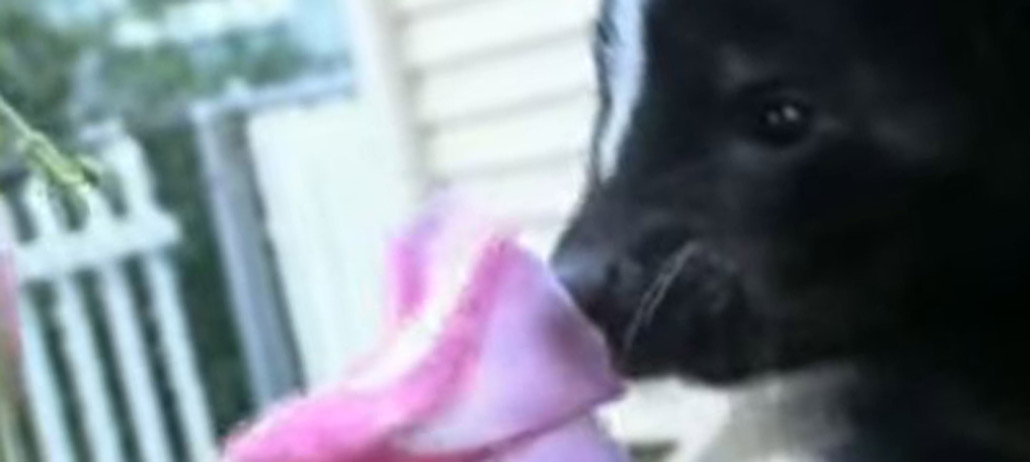Skunks’ Diet and how they get it
If it’s food and if a skunk is hungry, it will probably eat it.
Skunks have a wide-ranging appetite and as they’ve increasingly
become urbanized, that appetite has continued to broaden – usually
in direct relation to the availability of human garbage and
gardening.

Both in the wild and in well-populated areas, skunks are relentless
foragers and they will eat whatever they can find or catch. In their
natural habitat, the animals are virtually omnivorous, dining on
insects, grubs, earthworms, small rodents, snakes, lizards, frogs,
mushrooms, berries and fruit. If they catch a caterpillar, they roll
it on the ground to remove its hairs before eating it. They will
deal similarly with beetles that emit a defensive scent until the
odor dissipates.
Skunks will also eat the eggs and young of ground-nesting birds such
as larks and quail, and they sometimes raid chicken coops, both for
the fowl and for the eggs. Unsecured garbage cans provide prime
foraging opportunities for the animals, and pet food left outside
also represents an easy meal.
Fruits, nuts and garden crops are also high on the menu.
By nature however, skunks are willing to sing (dig) for their
supper. Heavily-watered lawns and other grassy areas are ideal
habitat for worms and grubs. Skunks have very sensitive noses and
they follow them to find the ground-dwelling critters, using their
long-clawed front feet to dig them out. While this helps to control
unwanted insect populations, it also results in one- to three-inch
deep pits and piles of dirt amid the greenery of a lawn, athletic
field or golf course.
Skunks normally don’t commence their foraging until after dark and
usually return to their dens before daylight, so encounters with the
animals are infrequent. In searching for food, they usually follow
established routes, staying within a range of about two miles from
the den.
Even with the obvious downsides, some well-meaning people may put
food out for the animals. Bad idea, since this practice can lead to
the skunks losing their natural wariness towards humans and further,
lead to a clustering of the animals and the potential for diseases
and parasites.
So if a skunk meanders into the neighborhood, leave it alone and it
will probably wander off on its own in no more than two or three
days, as long as you don’t encourage it to stay. Meanwhile, don’t
bother it and it is not likely to bother you. Just make sure you
don’t leave around any enticements for it to stay, because skunks
can get pretty comfortable pretty quickly.
If you need help, we service the entire USA! Click
here for a wildlife removal specialist in your town!
Go back to the main
Skunk Removal page for
more information about Skunks’ Diet and how they get it.